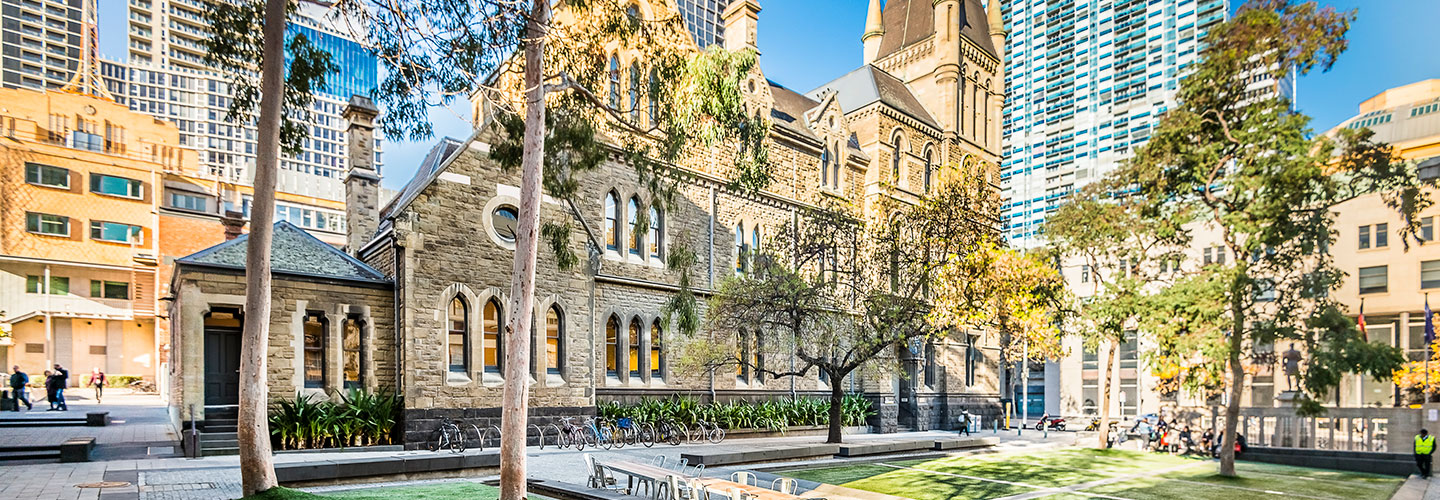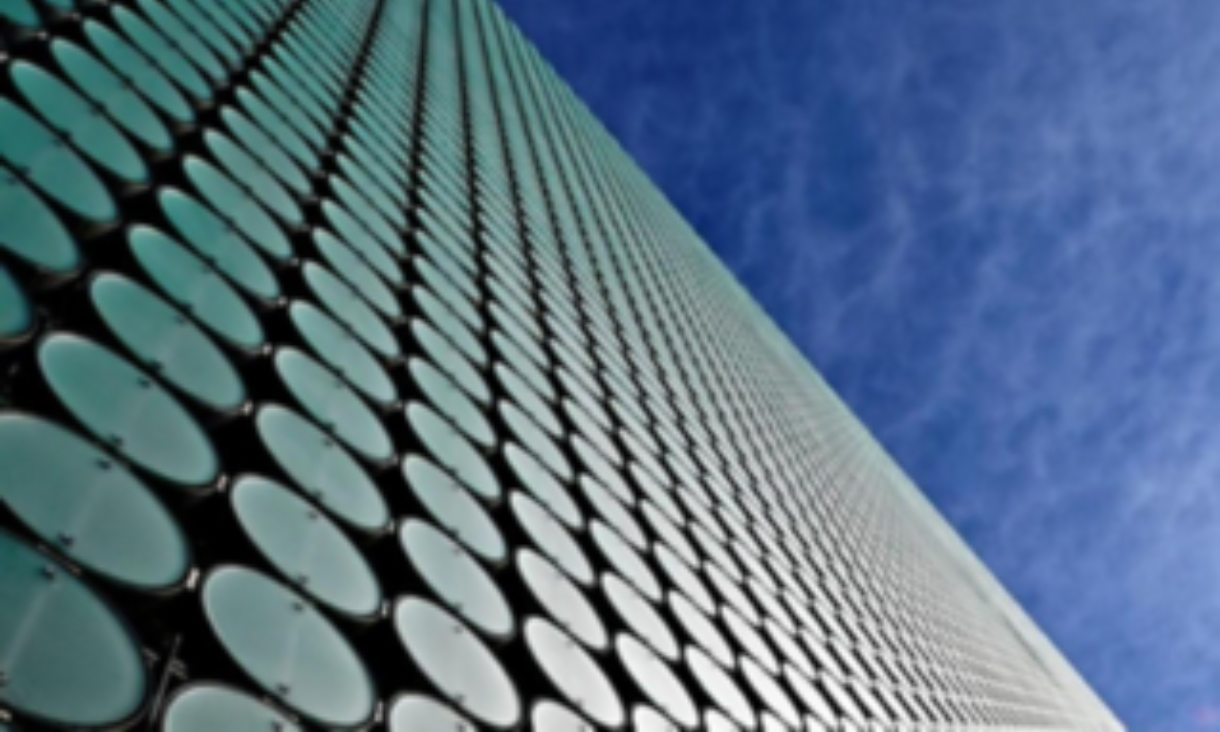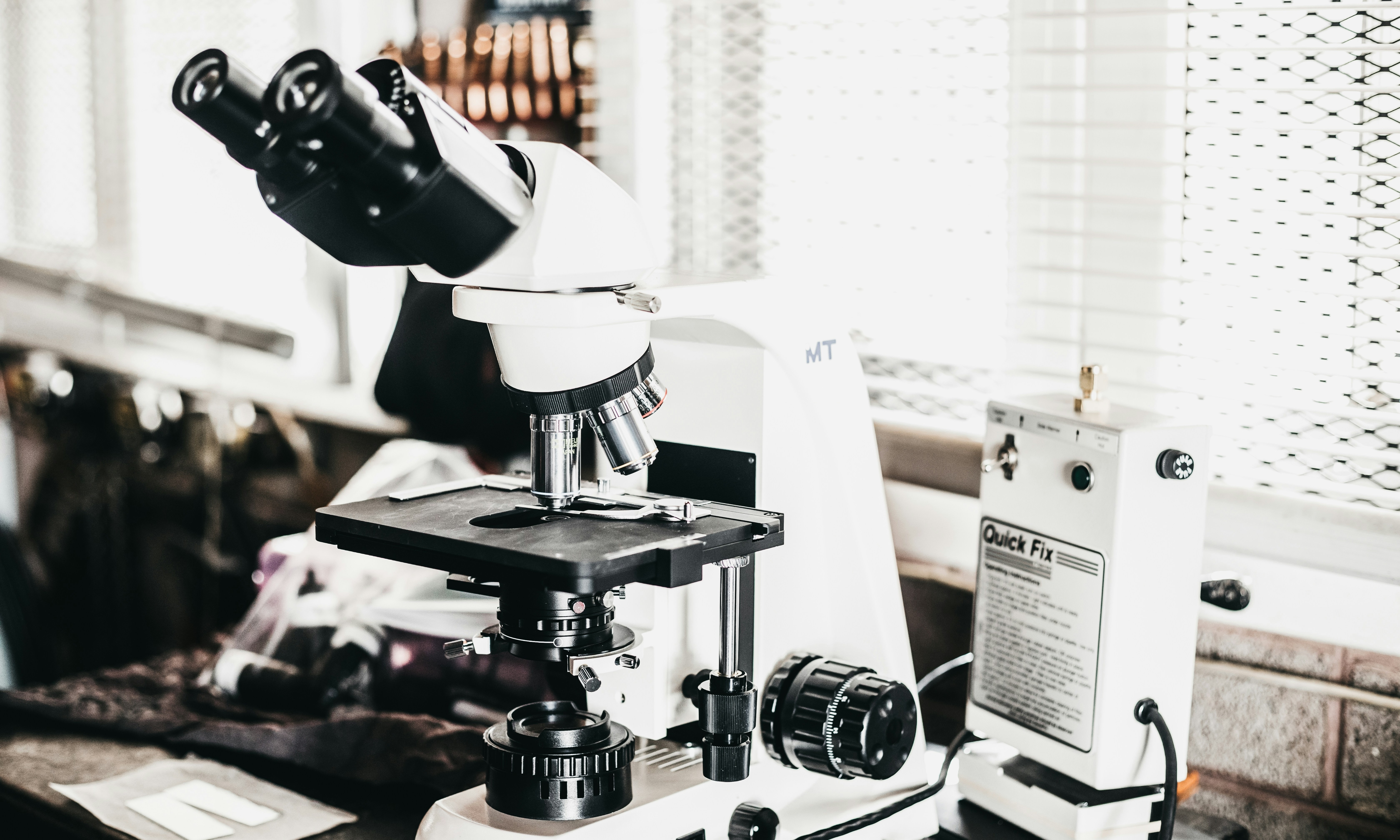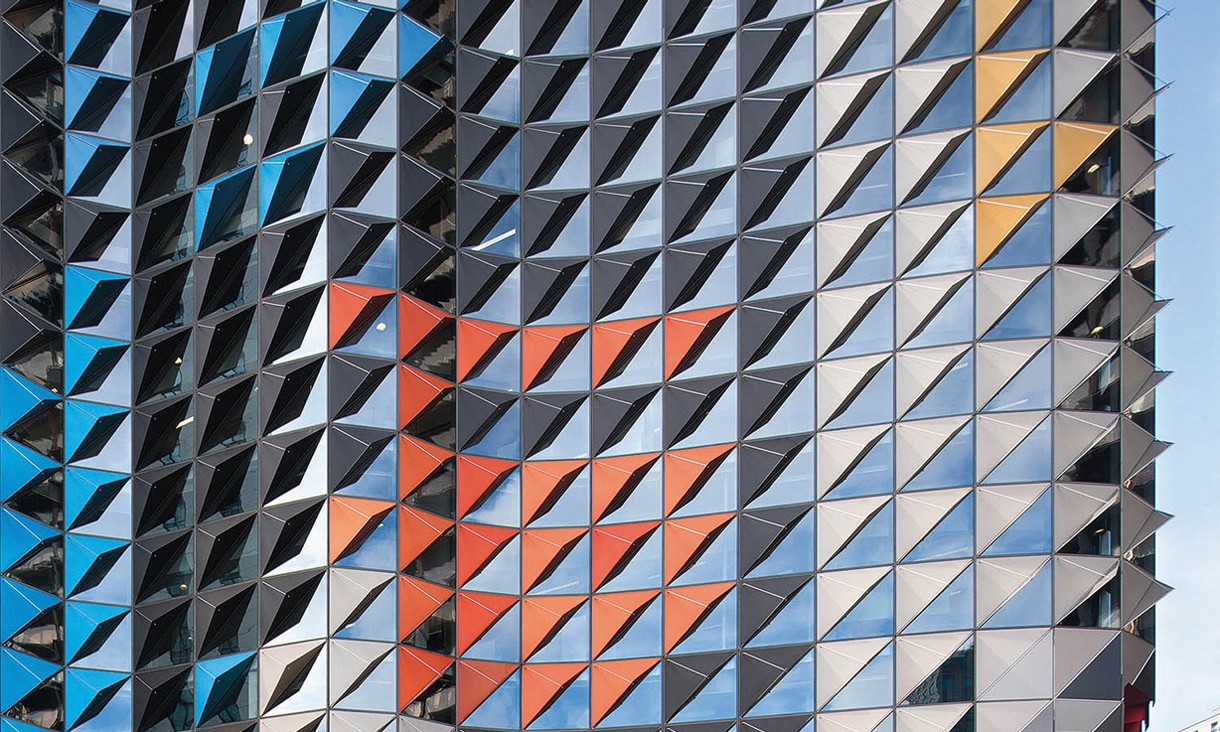Times Higher Education ranks RMIT 22nd globally for interdisciplinary research
RMIT has ranked 22nd globally out of 749 research-intensive universities worldwide in Times Higher Education’s inaugural Interdisciplinary Science Rankings.
RMIT research agenda drives THE ranking success
RMIT improved two places to rank equal 14 in Australia in the latest Times Higher Education (THE) World University Rankings (WUR) and also maintained its rank in the 251-300 band globally.
RMIT ranked fifth globally for sustainability impact
RMIT continues its sustainability leadership, ranking in the top five global institutions in this year’s Times Higher Education (THE) Impact Rankings for impact against the sustainable development goals (SDGs).
QS ranks RMIT equal 123 in the world, 10 in Australia
RMIT University continues to make solid gains in the latest QS World University Rankings, one of the most influential rankings systems in the world.





